Key Issues in Electronic Discovery: AI Tools, Cloud Data, Personal Devices


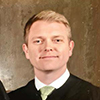
2 hour CLE
Tuition: $195.00
Get this course, plus over 1,000+ of live webinars.
Learn More
Training 5 or more people?
Sign-up for a law firm subscription plan and each attorney in the firm receives free access to all CLE Programs
Program Summary
In 2003, U.S. District Judge Shira A. Scheindlin issued the seminal decisions on electronic discovery and data preservation in Zubulake v. UBS Warburg. A few years later, in 2006, the U.S. Supreme Court adopted amendments to the Federal Rules of Civil Procedure to reference “electronically stored information” or ESI. Since then, technology and data storage have continued to evolve. Businesses can now store exponentially more data at a small fraction of the cost, and many companies allow employees to use personal devices for business purposes. The rules and case law likewise continue to evolve alongside the technological advances, and this webinar explores three key issues in electronic discovery in 2025.
Key topics to be discussed:
- Leveraging artificial intelligence and Technology-Assisted Review (TAR) in litigation
- Cloud storage and e-discovery: Legal and practical considerations
- Discovery challenges in the era of personal devices and BYOD policies
![]() Closed-captioning available
Closed-captioning available
Speakers
 Brian R. Iverson | Bass, Berry & Sims PLC
Brian R. Iverson | Bass, Berry & Sims PLC
Brian R. Iverson counsels clients on high-stakes litigation in federal and state courts across the nation. His practice primarily focuses on complex business disputes, including government contract, healthcare, intellectual property, and financial services litigation. Brian also represents clients in administrative and ADR proceedings, and he serves as a mediator for the D.C. Superior Court Multi- Door Dispute Resolution Division. His recent reported decisions include Choice Hotels Int’l, Inc. v. C&O Developers, LLC, 199 N.E.3d 1 (Ohio Ct. App. 2022) and Safeguard Base Ops., LLC v. United States, 989 F.3d 1326 (Fed. Cir. 2021).
Brian frequently speaks and writes on various legal topics, and his articles have appeared in The ACC Docket, The New York Law Journal, Today’s General Counsel, Adweek, Chief Executive and others. He recently addressed emerging issues in remote depositions in the article Give Me A Break: Regulating Communications Between Attorneys and Their Witness Clients During Deposition Recesses, 36 Geo. J. Legal Ethics 497 (2023).
Brian earned a Juris Doctor, magna cum laude, from Pepperdine University School of Law, and he earned a Bachelor of Business Administration, cum laude, from Belmont University.
 Alex Jacobs | Berkeley Research Group LLC
Alex Jacobs | Berkeley Research Group LLC
Alex Jacobs has more than twenty-five years of experience answering discovery requests and assisting clients with internal investigations, civil litigation, and in response to a criminal, governmental, or regulatory subpoena. Mr. Jacobs has employed the use of TAR in discovery for over a decade and consults with clients to enact workflows and Generative AI tools to minimize costs associated with voluminous document review and information retrieval.
He has worked within service providers, consulting firms, law firms, and industry startups. Mr. Jacobs works on clients’ most complex matters, using cutting-edge technology to minimize risk and cost. He is experienced and certified in multiple technology platforms and regularly creates new workflow tools as bespoke deliverables for client engagements.
Mr. Jacobs has worked on high-profile matters in most major industry verticals, including aerospace, oil and gas, financial services and banking, insurance, real estate, and transportation. He is well versed in all phases of the Electronic Discovery Reference Model (EDRM) and Information Governance Reference Model (IGRM), identifying cost-reduction strategies that exist upstream from the eDiscovery process. He regularly consults with clients on best practices and protocols for data governance and information management, including deploying culture and education campaigns to increase employee retention of legal department policies and procedures.
Mr. Jacobs is the immediate past president and a founding member of the Dallas chapter of the Association of Certified E-Discovery Specialists (ACEDS). He is active in the community as a thought leader and panelist at conferences and continuing legal education events. Mr. Jacobs studied economics at the University of Texas at Austin.
 Magistrate Judge Matthew J. Sharbaugh | U.S. District Court for the District of Columbia
Magistrate Judge Matthew J. Sharbaugh | U.S. District Court for the District of Columbia
Matthew J. Sharbaugh was appointed as a United States Magistrate Judge in October 2024. Judge Sharbaugh was born and raised in Wilmington, Delaware. He earned a Bachelor of Music, summa cum laude, from Berklee College of Music, and he earned a J.D., summa cum laude, from Pepperdine University School of Law, where he served as the Managing Editor of the Pepperdine Law Review.
Judge Sharbaugh was previously a partner with Morgan, Lewis & Bockius LLP in Washington, DC, with a practice focused on employment litigation and appeals, as well as other complex civil litigation and a variety of pro bono matters. Earlier in his career, Judge Sharbaugh spent several years with the law firm Littler Mendelson, P.C. in Los Angeles, California. From there, Judge Sharbaugh served twice as a law clerk to Judge Robert L. Wilkins, first on the U.S. District Court for the District of Columbia, and then on the U.S. Court of Appeals for the District of Columbia Circuit. Judge Sharbaugh also spent several years following his clerkships teaching legal research and writing as an adjunct professor at The George Washington University Law School.
Agenda
I. Leveraging artificial intelligence and Technology-Assisted Review (TAR) in litigation | 1:00pm – 1:40pm
- Growth of data volumes and the need for efficient review methods
- Role of AI and TAR in reducing costs and identifying key evidence
- Ethical duties of litigators to understand and assess AI tools
- Assessment of available software solutions for document review
- Best practices and limitations of using AI and TAR
- Analysis of court rulings and ethical opinions on technology use in document collection and review
II. Cloud storage and e-discovery: Legal and practical considerations | 1:40pm – 2:30pm
- The shift from on-premise storage to cloud-based solutions
- Cost savings and risk reduction associated with cloud storage
- Challenges of managing large volumes of data in the cloud
Break | 2:00pm – 2:10pm
- Legal standards impacting discovery of cloud-stored data
- Proportionality under discovery rules
- Possession, custody, and control analysis
- Case law trends and rules governing preservation, collection, and production of cloud- based data
III. Discovery challenges in the era of personal devices and BYOD policies | 2:30pm – 3:10pm
- Prevalence of Bring Your Own Device (BYOD) policies in the workplace
- Increasing access to business data on personal smartphones and devices
- Expanding scope of discovery to include texts and documents from personal devices
- Employer’s ability and obligation to obtain data from employee devices
- Case law developments addressing personal device discovery and privacy concerns
Credits
Alaska
Approved for CLE Credits
2 General
Alabama
Pending CLE Approval
2 General
Arkansas
Approved for Self-Study Credits
2 General
Arizona
Approved for CLE Credits
2 General
California
Approved for CLE Credits
2 General
Colorado
Pending CLE Approval
2 General
Connecticut
Approved for CLE Credits
2 General
District of Columbia
No MCLE Required
2 CLE Hour(s)
Delaware
Pending CLE Approval
2 General
Florida
Approved via Attorney Submission
2.5 General Hours
Georgia
Approved for CLE Credits
2 General
Hawaii
Approved for CLE Credits
2 General
Iowa
Pending CLE Approval
2 General
Idaho
Pending CLE Approval
2 General
Illinois
Approved for Self-Study Credits
2 General
Indiana
Approved For On-Demand Credits
2 General
Kansas
Pending CLE Approval
2 Substantive
Kentucky
Pending CLE Approval
2 General
Louisiana
Pending CLE Approval
2 General
Massachusetts
No MCLE Required
2 CLE Hour(s)
Maryland
No MCLE Required
2 CLE Hour(s)
Maine
Pending CLE Approval
2 General
Michigan
No MCLE Required
2 CLE Hour(s)
Minnesota
Approved for Self-Study Credits
2 General
Missouri
Approved for Self-Study Credits
2.4 General
Mississippi
Pending CLE Approval
2 General
Montana
Pending CLE Approval
2 General
North Carolina
Approved for Self-Study Credits
2 General
North Dakota
Approved for CLE Credits
2 General
Nebraska
Pending CLE Approval
2 General
New Hampshire
Approved for CLE Credits
120 General minutes
New Jersey
Approved for CLE Credits
2.4 General
New Mexico
Approved for Self-Study Credits
2 General
Nevada
Approved for Self-Study Credits
2 General
New York
Approved for CLE Credits
2.4 General
Ohio
Pending CLE Approval
2 General
Oklahoma
Pending CLE Approval
2 General
Oregon
Approved for Self-Study Credits
2 General
Pennsylvania
Approved for Self-Study Credits
2 General
Rhode Island
Approved for CLE Credits
2 General
South Carolina
Approved for CLE Credits
2 General
South Dakota
No MCLE Required
2 CLE Hour(s)
Tennessee
Approved for Self-Study Credits
2 General
Texas
Approved for CLE Credits
2 General
Utah
Pending CLE Approval
2 General
Virginia
Not Eligible
2 General Hours
Vermont
Approved for CLE Credits
2 General
Washington
Approved via Attorney Submission
2 Law & Legal Hours
Wisconsin
Approved for Self-Study Credits
2 General
West Virginia
Pending CLE Approval
2.4 General
Wyoming
Pending CLE Approval
2 General
#1 CLE Access Program
- Over 1,000 Live CLE Webinars each year
- All CLE webinars broadcasted in last 12 months
- Programs covering over 35 practice areas
- Hot topics & changes in the law
- All formats: Live, Replay, and On-demand
- Accreditation in every state
Access every CLE webinar,
every format, all year long!
myLawCLE All-Access Pass
only $395 yearly
Register Now
#1 CLE Access Program
- Over 1,000 Live CLE Webinars each year
- All CLE webinars broadcasted in last 12 months
- Programs covering over 35 practice areas
- Hot topics & changes in the law
- All formats: Live, Replay, and On-demand
- Accreditation in every state
Access every CLE webinar,
every format, all year long!
myLawCLE All-Access Pass
only $395 yearly
Preview
More CLE Webinars
Trending CLE Webinars

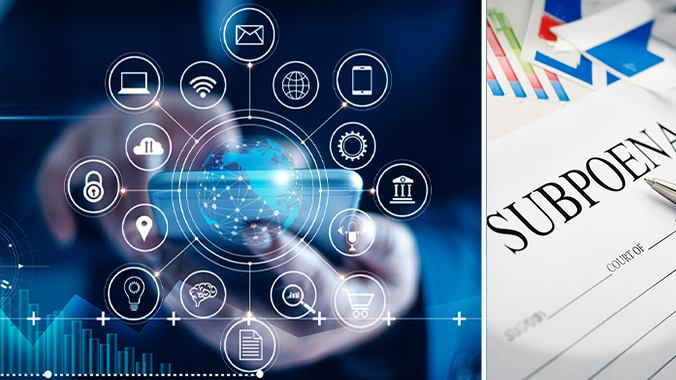





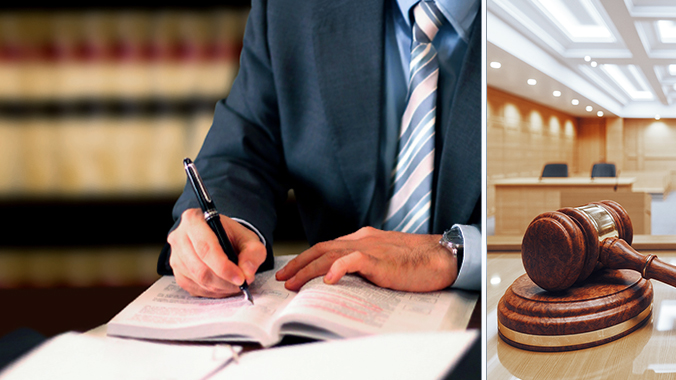
Upcoming CLE Webinars
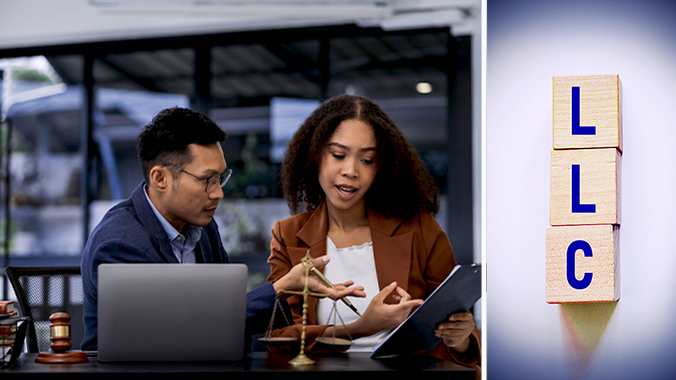

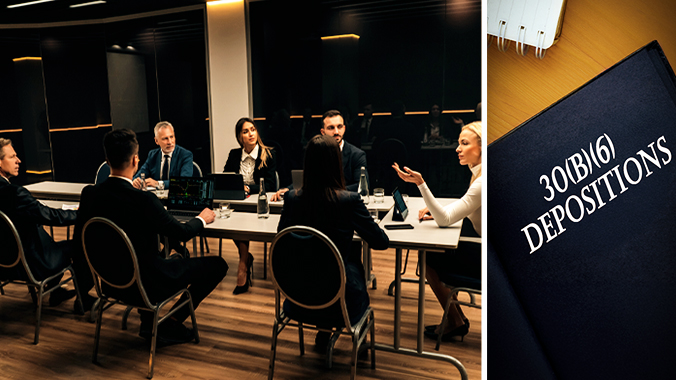

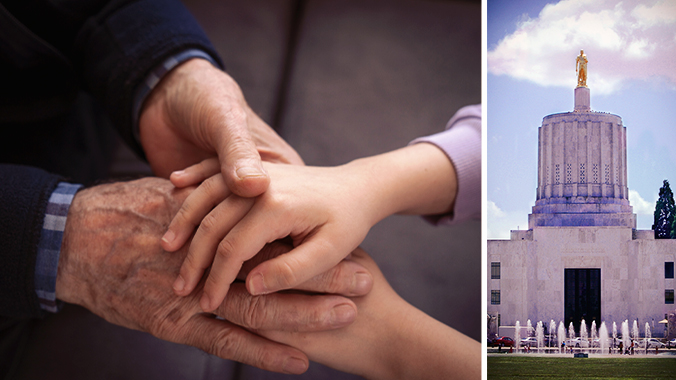

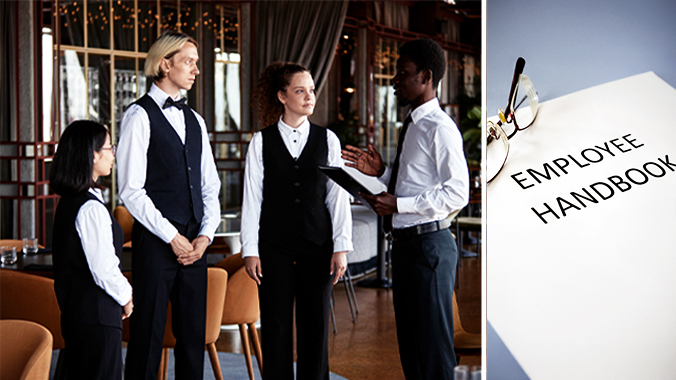
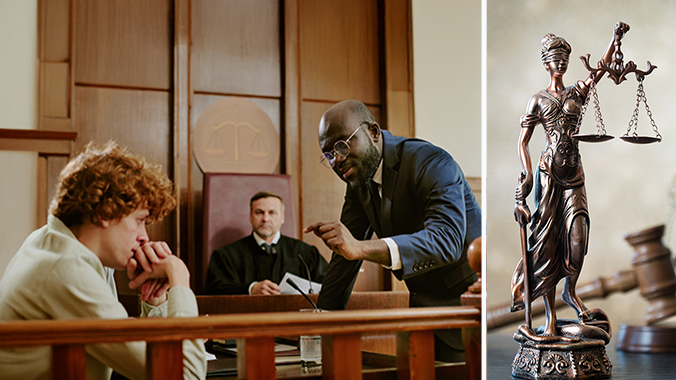

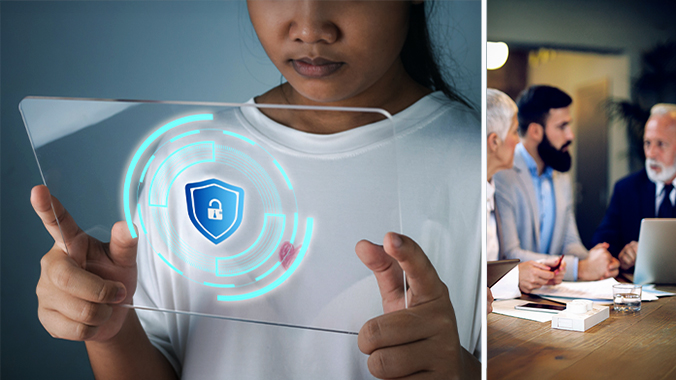

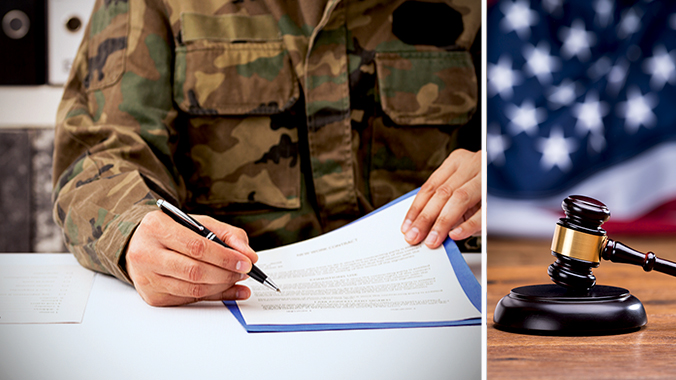

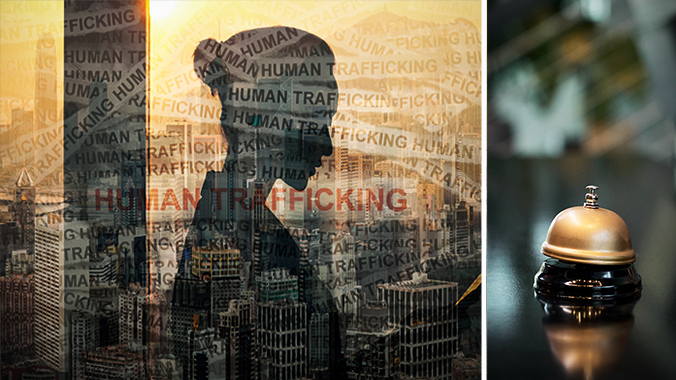



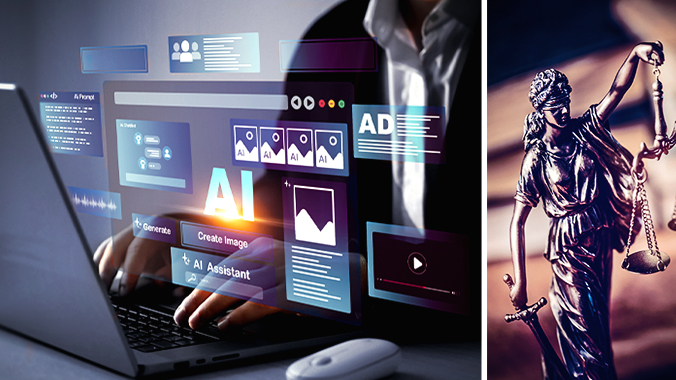




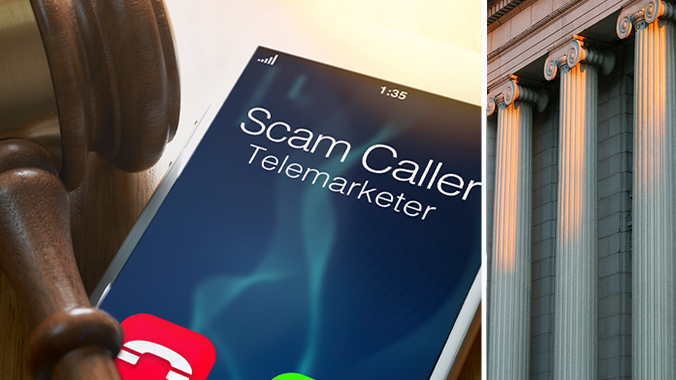
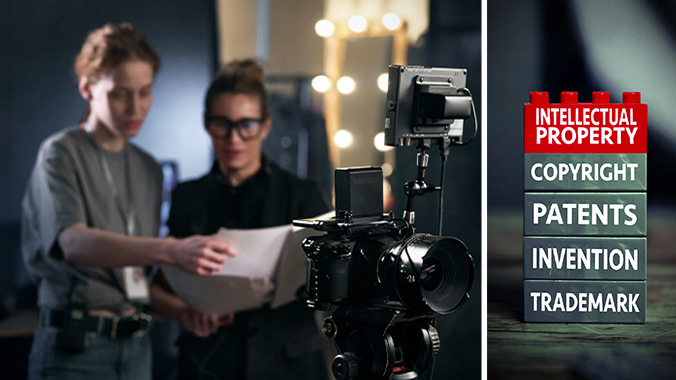







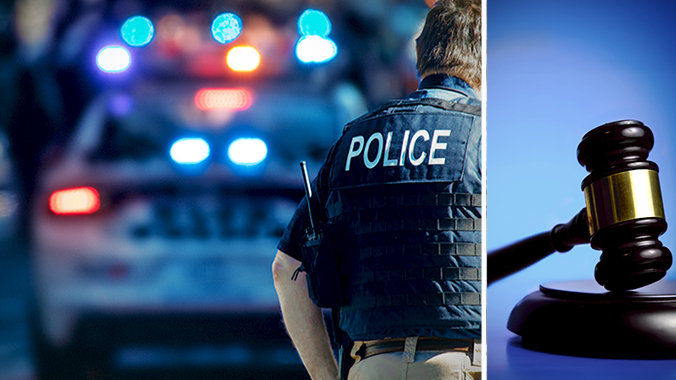
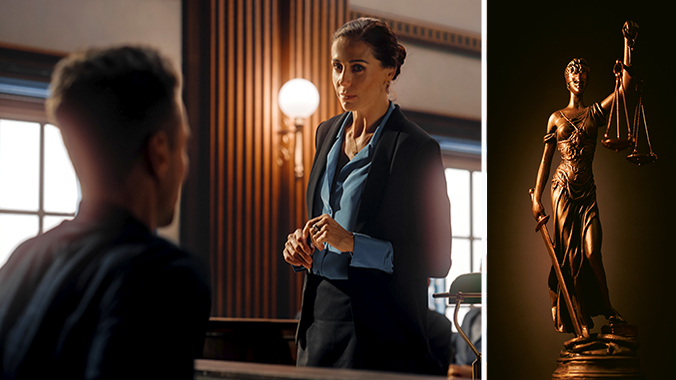








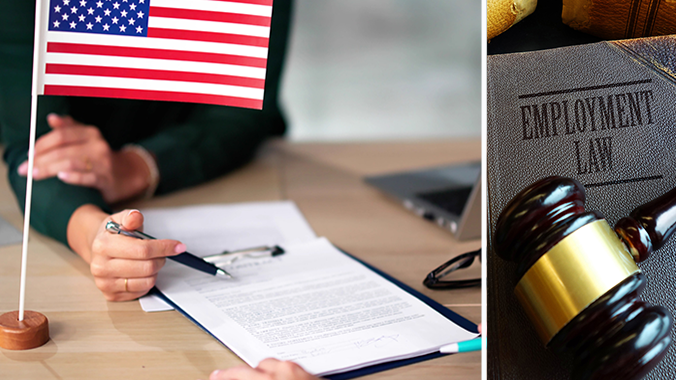


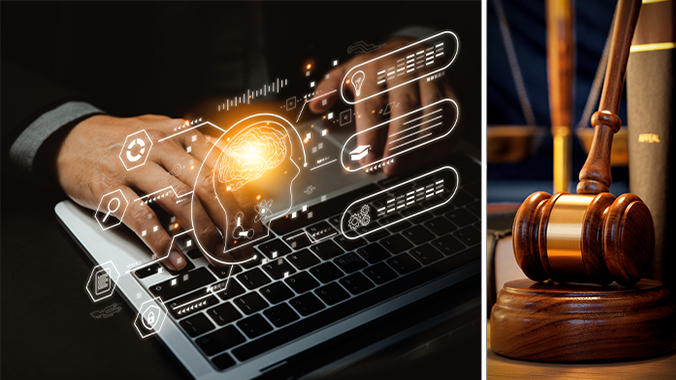
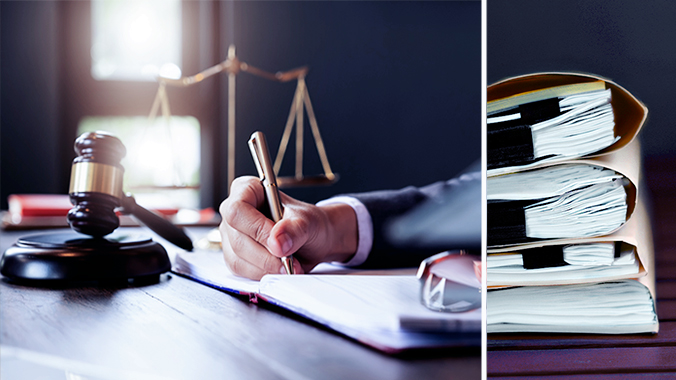

![Attorney–Client Privilege and Work Product: Managing Waiver Risk, Internal Investigations, Regulatory Scrutiny, and Third-Party Communications (2026 Edition) [Includes 1 Ethics hour]](https://mylawcle.com/wp-content/uploads/2026/01/Product_img_-Attorney–Client-Privilege-and-Work-Product.jpg)


